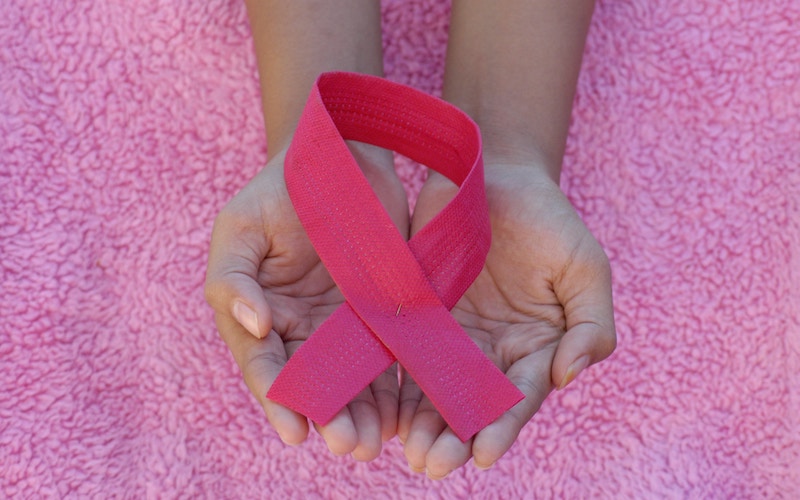Breast cancer survivors face brutal symptoms and a lack of support for early onset menopause caused by their treatment, London women claim.
A survey released by cancer support charity Maggie’s revealed that 30% of people experiencing early onset menopause weren’t aware it could be caused by their cancer treatment, and 73% of those that were told were given little to no information about early onset menopause.
For women who survived breast cancer, experiencing early onset menopause represented yet more struggles with their feminine identity and health.
Reflecting on early menopause’s impact on her self-image, Maria, 37, from Peckham said: “Cancer took my hair, my boobs, and my fertility- going through menopause in my 30s felt like one last kick to my femininity.”
Jessica, 40, from Bow, agreed: “It massively affected my view of myself.
“Especially after experiencing breast cancer, with the toll that had taken on my self-esteem, I struggled to feel like a woman for a while.”
Dr. Elise Dallas, a GP at The London General Practice with a special interest in menopausal care, highlighted the profound physical, emotional, and mental impacts of early onset menopause on breast cancer patients.
Dallas said: “Firstly, the cancer diagnosis itself presents a significant psychological threat, impacting women profoundly.
“Secondly, early menopause, often accompanied by substantial physical and emotional effects, adds another layer of complexity.
“Lastly, the potential loss of fertility, when family planning isn’t complete, further intensifies the emotional strain.”
The physical symptoms of early menopause can be excruciating, especially for cancer survivors who are already struggling to feel stability in their physical health.
Symptoms can include hot flashes, metabolic changes, issues with cardiovascular and bone health, and genitourinary symptoms, which can lead to recurrent urine infections, vaginal infections, reduced sexual pleasure and pain with sex.
For these women, however, the harshest realities of the experience lay in the lack of support available from friends, family, and medical professionals.
Maria said: “Everyone was so sympathetic about the cancer, which I appreciated, but when I spoke about how difficult the early menopause was no one cared.”
Jessica added: “The thing is, it’s not even about the menopause- it’s that no one told me how difficult it would be, no one gave me any help with it, no one wanted to listen when I complained about it.
“I beat cancer, for god’s sake- I know how to deal with pain.
“But no one took this pain seriously.”
Treatment options including lifestyle modifications like ensuring excellent nutrition, exercise, regular healthy sleep, and keeping stress levels low can make a large impact with symptom management- Dr. Dallas referred to a patient with previous breast cancer, early menopause, and osteoporosis who reversed their osteoporosis with bone-strengthening nutrition.
However there are woefully scarce resources for those seeking help for their symptoms, especially for people who have survived cancer and require more complex treatments.
Dallas said: “Unfortunately, many women weren’t informed that their breast cancer treatment could lead to early menopause, leaving them unprepared to handle these symptoms.”
“Support and awareness for early menopause, especially following medical interventions like cancer treatment, remain insufficient.”
For the women struggling with their feminine identity, feelings of isolation, and emotional and physical symptoms, information and support cannot come quick enough.
Resources for those seeking cancer support can be found at Maggie’s and Breast Cancer Now.





